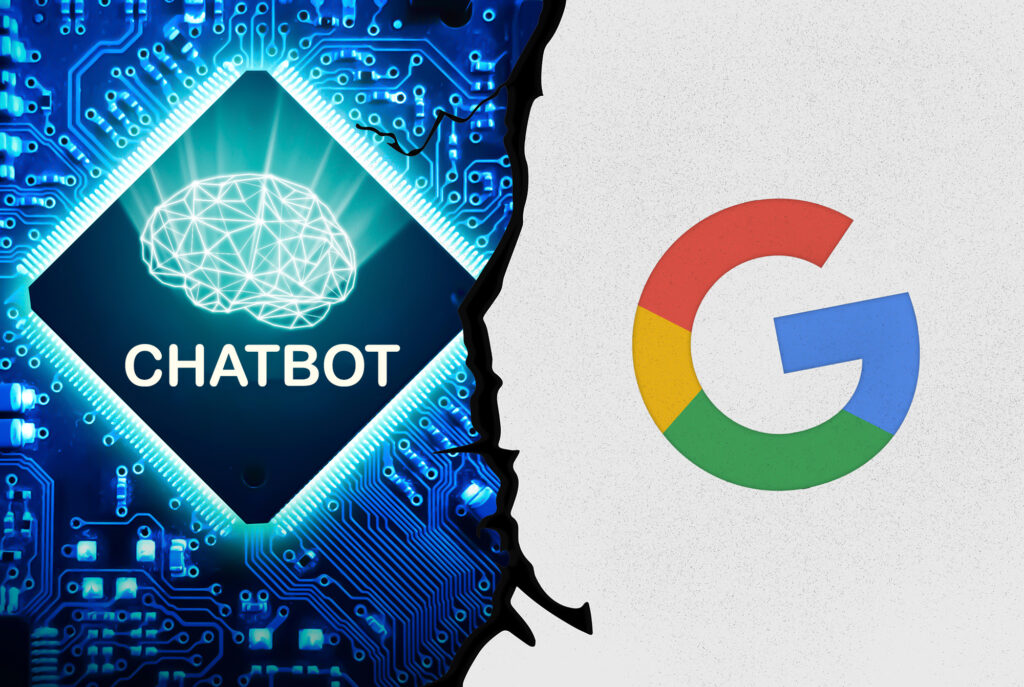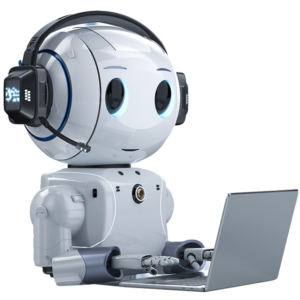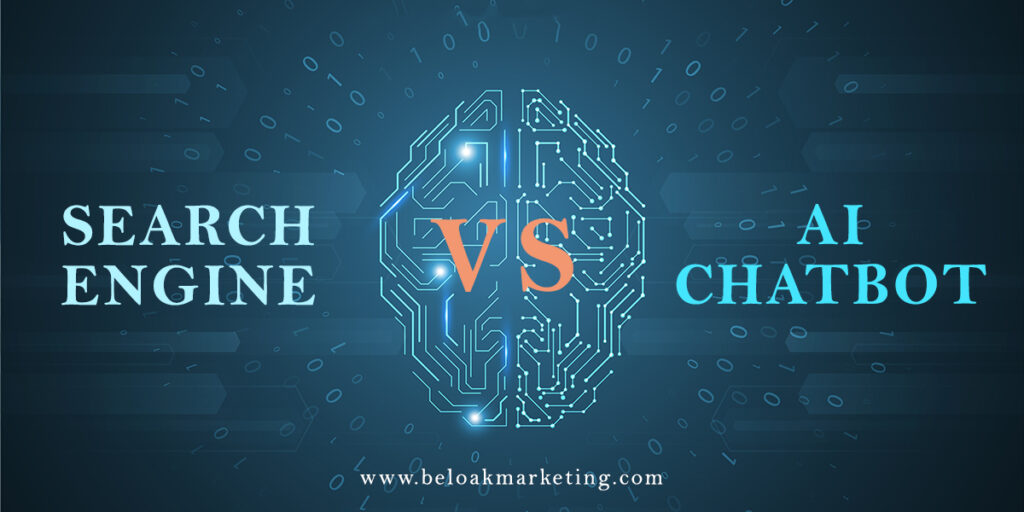In today’s digital world, search engines and AI chatbots are two essential tools that people use to find answers to their queries. While search engines have been around for decades and have become a default choice for many, AI chatbots are relatively new but rapidly gaining popularity. While both tools have their unique advantages and limitations, this article will explore how AI chatbots can outperform search engines in some specific areas.
AI Chatbots Can Organize Information Better Than Search Engines
One of the significant limitations of search engines is that they can only find and present what exists on the internet. Search engines rely on algorithms that match user’s queries with indexed web pages, which means the results are often limited to web pages and websites that are optimized for search engines. However, AI chatbots can organize information in a way that goes beyond just listing what exists on the internet. Chatbots can use natural language processing (NLP) and machine learning algorithms to understand the context of user’s queries and provide relevant information from various sources, including databases, knowledge graphs, and structured and unstructured data.
For example, if a user asks an AI chatbot, “What are the best restaurants in town for vegan food?”, the chatbot can provide a list of restaurants that offer vegan options, along with their ratings, reviews, and menus. Additionally, AI chatbots can learn from user interactions and preferences over time, which means they can provide more personalized and accurate results as they learn more about the user’s preferences. This ability to organize information and provide contextually relevant answers is especially crucial for questions that don’t have direct answers, making AI chatbots a valuable tool for research and exploration.
AI Chatbots Provide Direct Answers
Another significant advantage of AI chatbots over search engines is that chatbots can provide direct answers to user queries. In contrast, search engines can only list pages of search results, including ads, that the user has to go through to find the information they need. The traditional search engine approach of presenting a list of links to web pages can be time-consuming and frustrating, especially when the user needs an immediate answer. Users often have to sift through multiple pages of search results, click on several links, and read through different web pages to find what they are looking for.
In contrast, AI chatbots can provide a direct and concise answer to the user’s query, eliminating the need for users to spend time browsing through multiple search results. For example, a user might ask an AI chatbot, “What is the capital of France?” The chatbot can respond instantly with a simple answer, “Paris.” This capability makes chatbots ideal for users who need quick answers, such as people who are on the move, multitasking, or have a short attention span.
AI Chatbots Allow Users to Ask Questions Step by Step
Another limitation of search engines is that users have to ask their queries in a well-organized way, using the exact keywords or phrases that match the indexed web pages. This approach can be challenging for users who don’t know the precise terms or concepts they are looking for or have complex queries that require a step-by-step approach. For example, a user might want to learn how to cook a particular recipe, but they might not know the exact name of the dish or the ingredients required.
In contrast, AI chatbots can help users narrow down their queries or find the information they need through a step-by-step approach. Chatbots can ask follow-up questions, offer suggestions, or clarify user’s queries, allowing users to explore their queries in a more flexible and natural way. For example, a user might ask an AI chatbot, “How do I cook a delicious vegan lasagna?” The chatbot can respond by
asking follow-up questions such as, “Do you have any specific dietary restrictions?” or “Are you looking for a gluten-free option?” and provide tailored responses based on the user’s preferences.
This step-by-step approach not only makes it easier for users to find the information they need but also helps to enhance the user experience by providing personalized and relevant results. Additionally, this approach is particularly useful for users who are not familiar with the topic or who need guidance in exploring their queries.
AI Chatbots Can Provide Guidance and References for Creative Tasks
While search engines are excellent tools for finding information on factual topics, they may not be as useful for creative tasks or subjective questions that do not have a clear answer. For example, a user might want to learn how to paint or draw but may not know where to start or what techniques to use. While a search engine can provide some references or tutorials on painting or drawing, the results may not be as comprehensive or relevant as the user needs.
In contrast, AI chatbots can provide personalized guidance and references for creative tasks by leveraging machine learning algorithms to understand the user’s preferences and abilities. Chatbots can recommend specific resources, provide feedback on the user’s progress, or even simulate an instructor’s interaction, making the learning experience more engaging and interactive.
For example, a user might ask an AI chatbot, “How can I learn to draw portraits?” The chatbot can provide a range of resources, including tutorials, reference images, and tools, based on the user’s skill level, learning style, and preferences. Additionally, the chatbot can provide feedback on the user’s progress, such as pointing out areas for improvement or suggesting new techniques to try.

Conclusion
In conclusion, search engines and AI chatbots are both useful tools for finding information online. However, each tool has its unique advantages and limitations. While search engines are excellent for finding factual information and browsing through web pages, AI chatbots offer several advantages, including their ability to organize information, provide direct answers, allow users to ask questions step by step, and provide guidance and references for creative tasks.
As AI chatbots continue to evolve and become more sophisticated, they may become even more useful for users looking for personalized and relevant information online. However, it is important to note that both search engines and AI chatbots have their limitations and may not always provide accurate or relevant results, especially for complex or subjective queries. Therefore, it is essential to use both tools in tandem and evaluate their strengths and weaknesses to find the most relevant and accurate information online.





